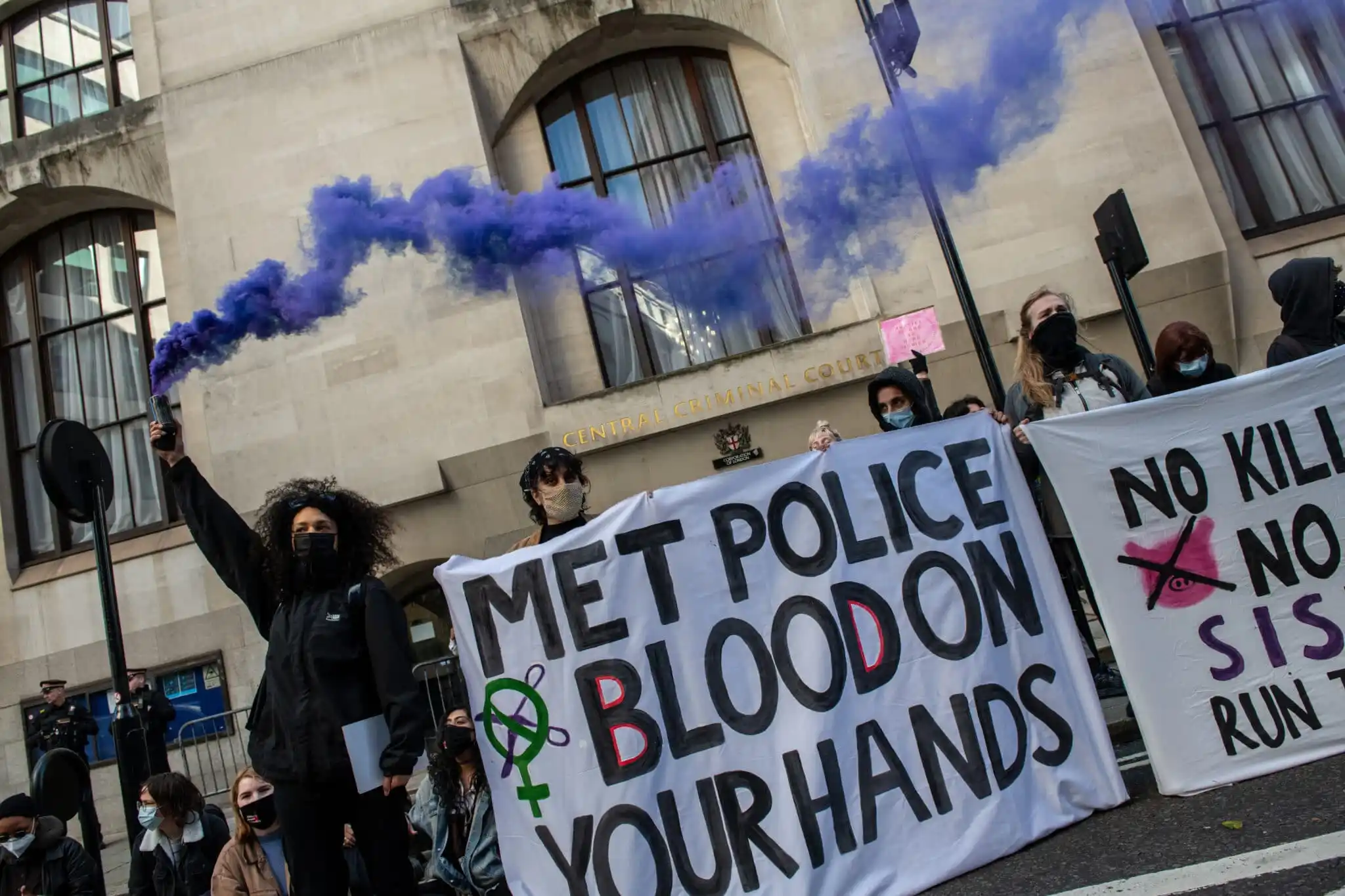Sarah Everard’s killer Wayne Couzens ‘should never have been a police officer’, inquiry finds
Sign up for more LGBTQ+ news and updates at TrueQueer.
In a recent inquiry led by lawyer Lady Elish Angiolini, it was found that Wayne Couzens, the former Metropolitan Police officer who abducted, raped, and murdered Sarah Everard in 2021, was entirely unsuitable for his position on the force. The investigation delved into Couzens’ past and uncovered disturbing behaviors that should have raised red flags long before the tragic events unfolded.
Couzens, who served as an armed protection officer with the Metropolitan Police, was revealed to have engaged in exchanging homophobic, sexist, and racist messages with fellow officers in a private WhatsApp group back in 2019. These messages painted a troubling picture of his character and beliefs, indicating a lack of respect for diversity and inclusivity within the police force.
The three-part inquiry concluded that Couzens should never have been allowed to join the police force in the first place and that numerous opportunities were missed by authorities to intervene and prevent the heinous crimes he committed. The report highlighted a series of alleged offenses in Couzens’ past, including accusations of rape, sexual assault, indecent exposure, and possession of indecent images of children.
One particularly disturbing incident involved Couzens allegedly sexually assaulting a drag queen in a bar in 2018, three years before he attacked Everard. The performer recounted the encounter, describing how Couzens inappropriately touched them and revealed his identity as a police officer when confronted.
Despite these warning signs and alleged criminal behavior, the inquiry found that police repeatedly failed to recognize Couzens’ unsuitability for the role of a police officer. At least five incidents involving Couzens were not reported to the authorities, indicating a serious oversight in vetting and supervising officers within the force.
Couzens’ journey through law enforcement began in 2002 when he joined Kent Police as a special constable before transitioning to the Civil Nuclear Constabulary in 2011. He later transferred to the Metropolitan Police in 2018 and worked on armed protection duties at various high-profile locations, including the US Embassy in London.
The report’s findings painted a grim picture of systemic failures within the police force that allowed someone like Couzens to abuse his power and authority. Lady Angiolini warned that without significant changes and reforms, another individual like Couzens could operate unchecked within law enforcement.
Metropolitan Police commissioner Sir Mark Rowley acknowledged the urgent need for action following the report’s release, emphasizing the importance of addressing the systemic issues that enabled Couzens’ actions. Everard’s family expressed their belief that Sarah would still be alive if not for Couzens’ role as a police officer, highlighting the devastating impact of his betrayal of trust.
In response to the inquiry’s findings, Home Secretary James Cleverly acknowledged the failures that led to Everard’s tragic death and the role played by Couzens’ position as a police officer in perpetrating the crime. Couzens pleaded guilty to murder in July 2021 and was subsequently sentenced to a whole life term in prison, with the judge citing his abuse of authority as a pivotal factor in the severity of the punishment.
The revelations from this inquiry shed light on the critical need for thorough vetting procedures and ongoing monitoring of officers within law enforcement to prevent similar tragedies from occurring in the future. The case of Wayne Couzens serves as a stark reminder of the consequences when individuals unfit for duty are allowed to hold positions of power and authority within our communities.
Follow us on: Facebook for more LGBTQ+ news and updates at TrueQueer.
![]()

